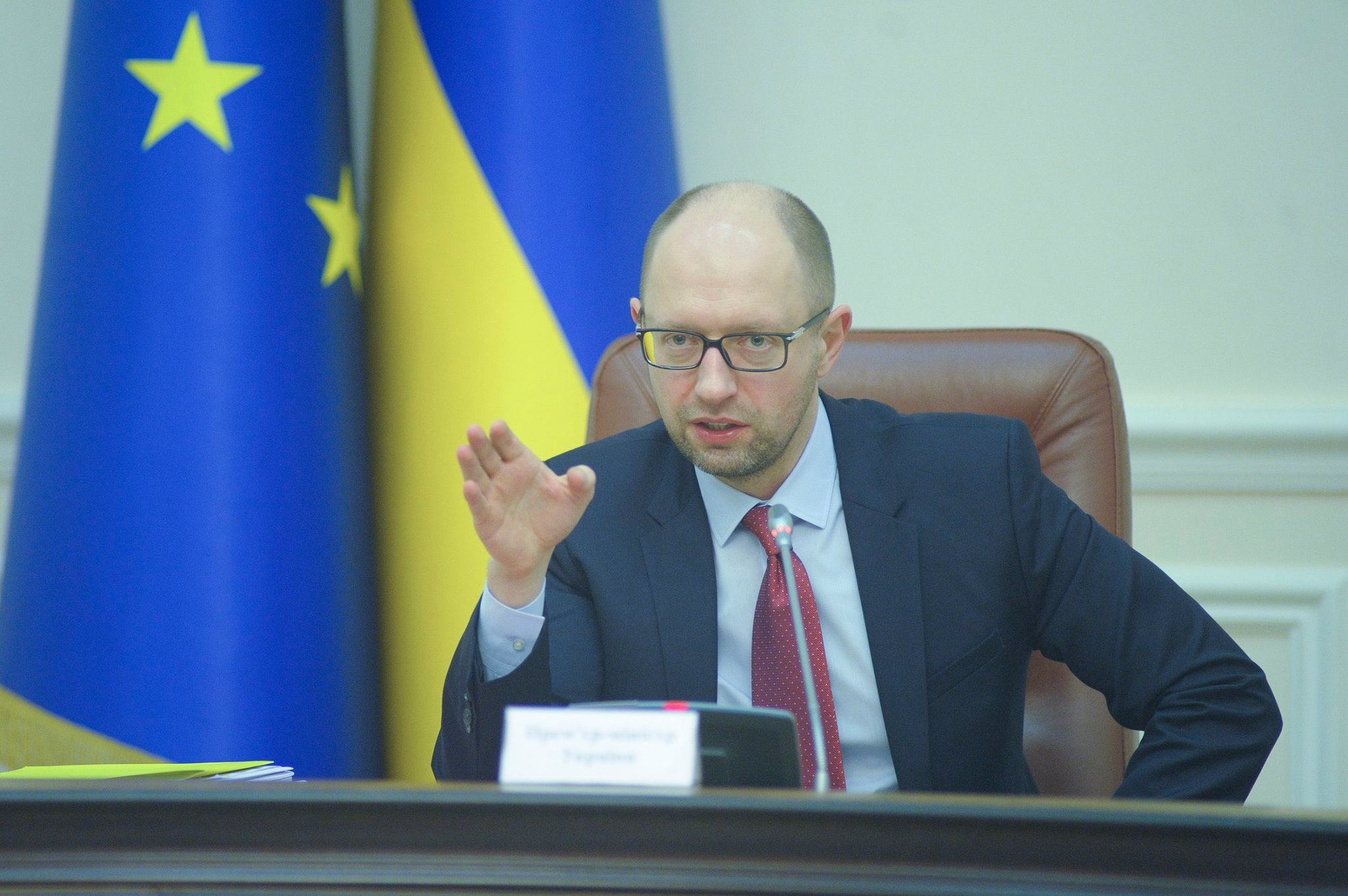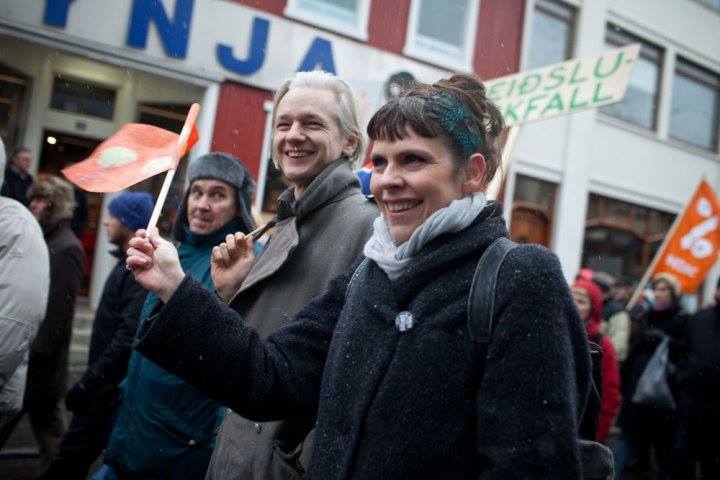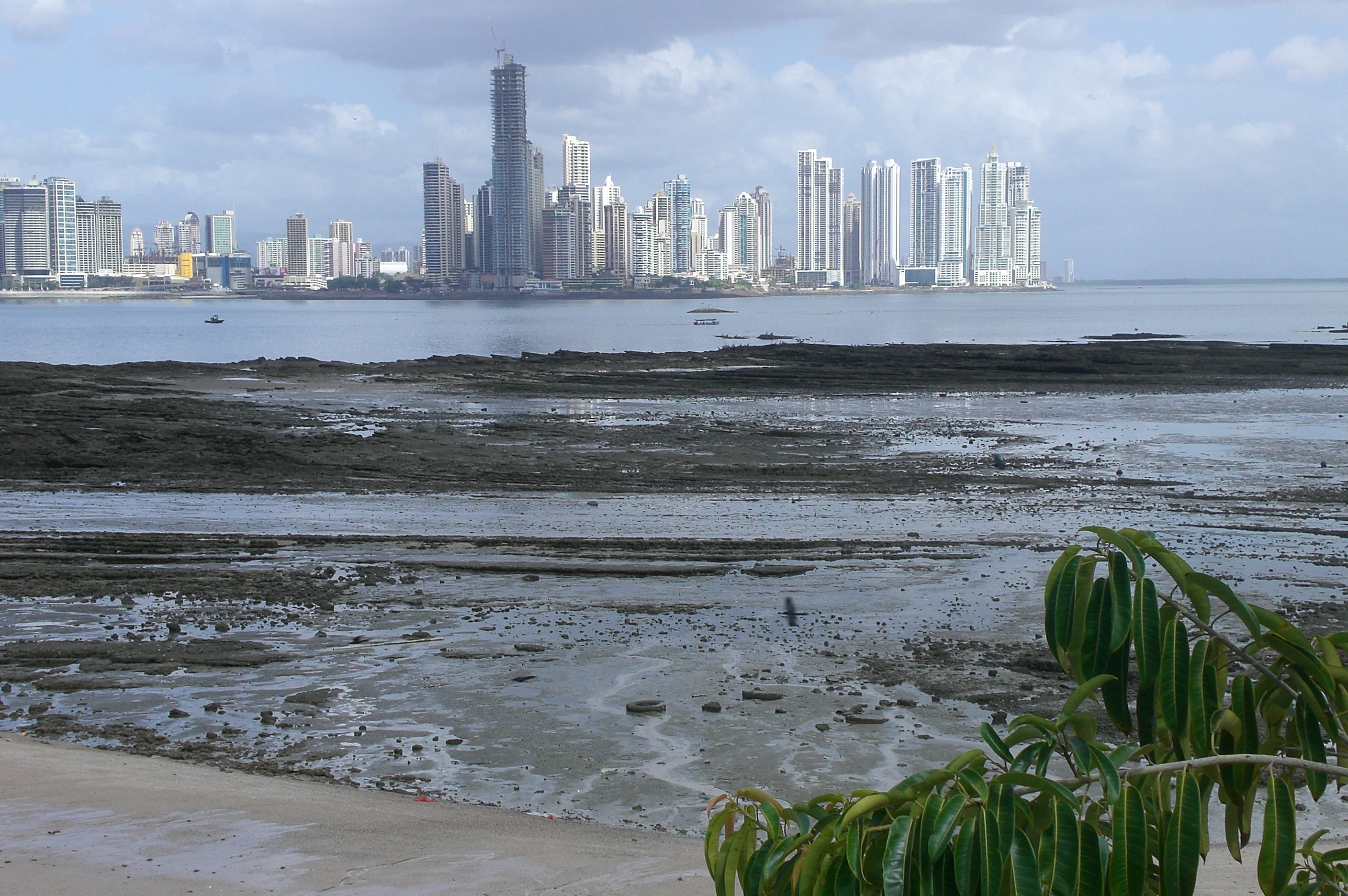
No one believes more in the possibility of a post-crisis and prosperous Ukraine than Arseniy Yatsenyuk, the country’s prime minister and, too often, its chief punching bag.![]()
Never beloved, even among the pro-European Ukrainians who live in the country’s western regions and who resent Russian interference within their borders, Yatsenyuk’s goal since the fall of former president Viktor Yanukovych, an ally of Russian president Vladimir Putin, has been rightsizing an economy that’s underperformed even by standards of the region, with growth rates dwarfed by authoritarian Belarus, a Russian ally that’s retained Soviet institutions.
Facing few good options, Yatsenyuk simply gave up, hoping that, perhaps, the resignation of Ukraine’s last ‘true believer’ might shake loose enough support for the economic reforms that Ukraine desperately needs to continue its financial lifeline from the International Monetary Fund. Ironically, though Yatsenyuk has personally advocated liberalizing reforms and anti-corruption measures for years, his government is now seen as incapable of delivering reforms and as incorrigibly corrupt.
Yatsenyuk must now know how former Indian prime minister Manmohan Singh surely felt after a decade in office (if not quite in power).
It’s not even the first time the pressured premier resigned. His resignation in July 2014 paved the way for fresh parliamentary elections in October 2014 that restored a majority for a pro-western, pro-European government that was ultimately headed by Yatsenyuk. Continue reading As Yatsenyuk throws in the towel, a grim future for Ukraine

